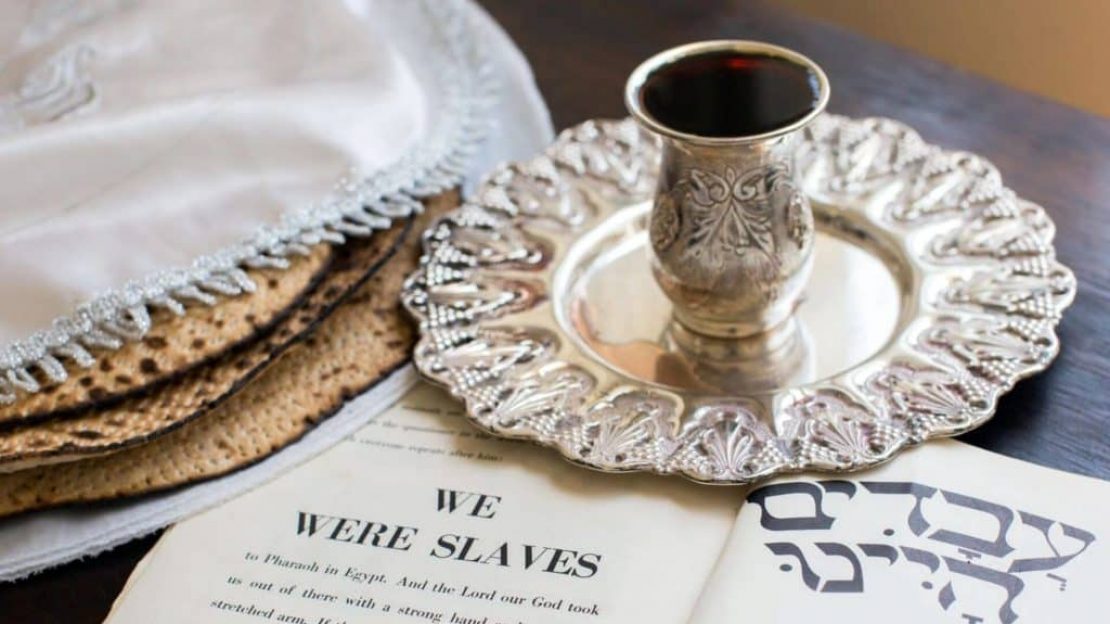The celebration of Christ’s death and resurrection is called the Paschal Triduum.
The word ‘Triduum’ is a Latin word meaning the three days. This term is used because this feast is one feast stretched over the three days from Holy Thursday to Easter. This has its sign in the fact that there is no formal ending to the Holy Thursday Liturgy – we depart in silence; then there is no formal beginning to the Good Friday Liturgy – we gather in silence; and there is no formal end to the Good Friday liturgy – again we depart in silence. The Paschal Vigil on Holy Saturday night has no formal beginning – we simply gather rather haphazardly at the Easter fire. It is as if we have not gone away at all but simply moved from one liturgy to the next. It is one feast over three days.
It is called the Paschal Triduum. The word ‘Paschal’ comes from the Hebrew ‘Pasch’ which means Passover. So this is the feast of the Passover of Jesus through death into the risen life. It is his handing over of himself to death and into the hands of the Father and it is the Father’s receiving him into his hands and raising him to life out of the death imposed on him. The whole feast celebrates this Passover.
At the last Supper Jesus hands himself over to his death trusting in the Father; he fulfils that consecration of himself in the event of his death on the cross the next day and his self-gift is responded to by the Father in Jesus’ resurrection out of death. It is one reciprocal movement between the Father and Jesus. You will notice looking at the Good Friday Liturgy that there is very little emphasis on his suffering; the emphasis is on a quiet sense of victory which pervades the whole Liturgy and always has the resurrection as the horizon within which we celebrate.
The imagery of Passover is of course taken from the old testament where the Passover of the people of Israel out of slavery into freedom is recounted. The new testament picks up this imagery and uses it to help us grasp the meaning of Jesus’ death and resurrection. He takes us on his Passover through death into life and he leads us out of slavery to death and to evil and sets us free. It is his Passover and ours. We are given a future beyond death which we cannot yet imagine.
By Fr Frank O’Loughlin




Comments
Add Comment